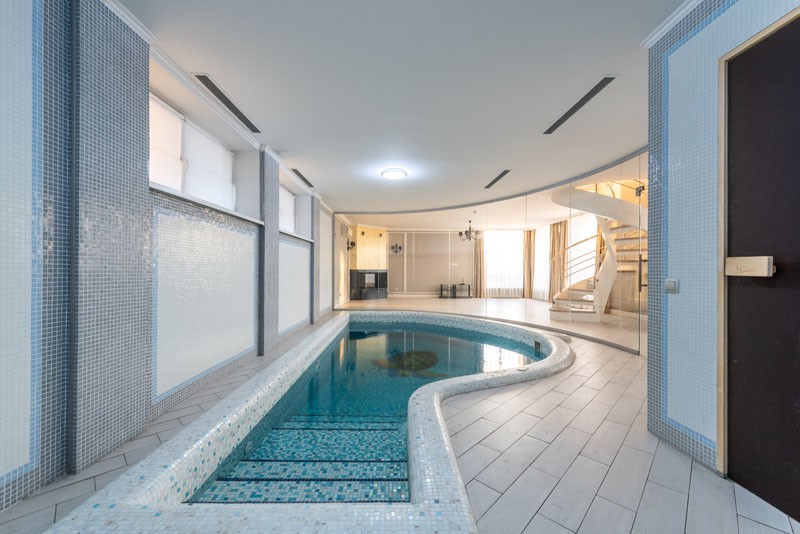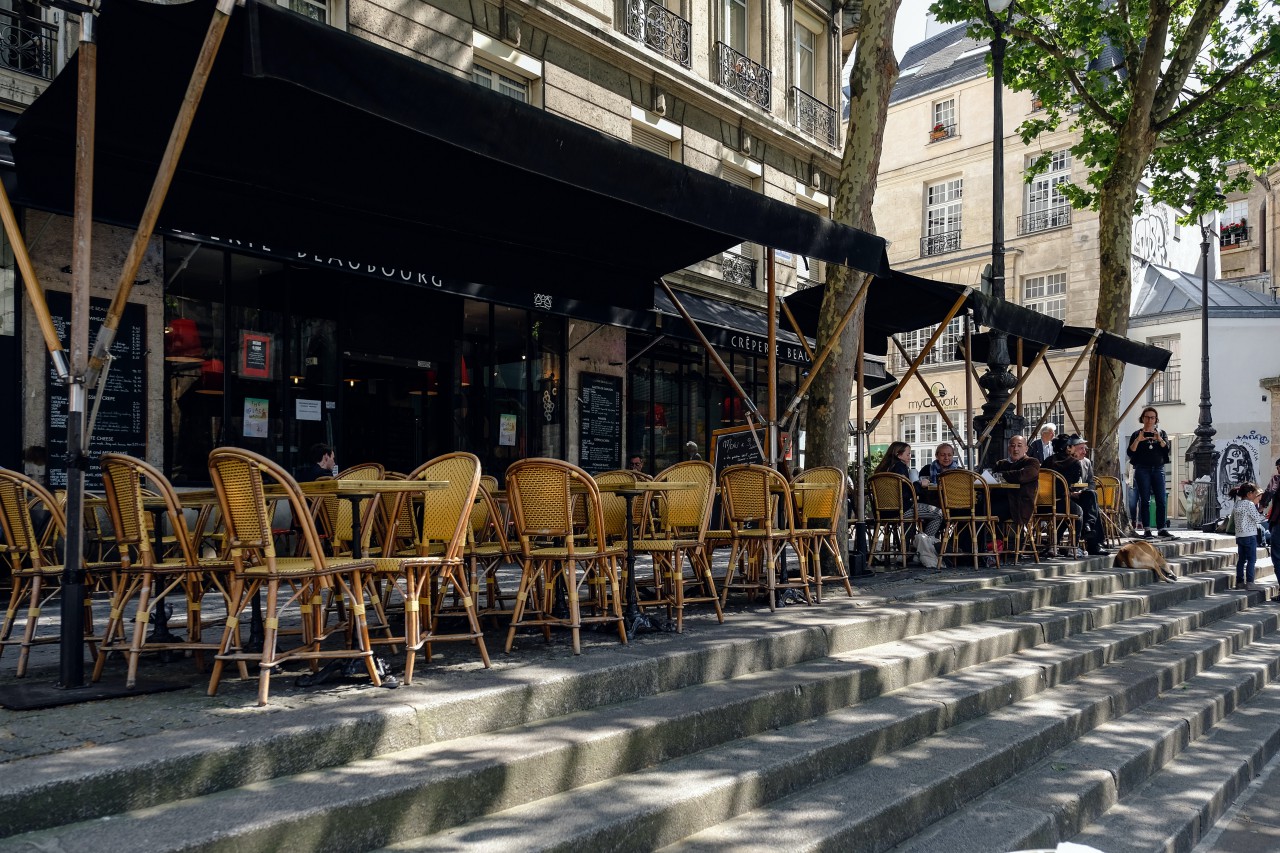At Bashian & Papantoniou, P.C., we often hear from individuals with disabilities who just wanted to run an errand, go to an appointment, meet a friend, or visit a business, but found they couldn’t get inside. Sometimes the problem is a set of steps with no ramp. Other times, it’s a broken elevator, a narrow doorway, or a restroom that can’t be used.
For people with disabilities, these moments are more than small inconveniences. For instance, a client of ours was unable to enter a local restaurant he frequently visited because the entrance had steps with no ramp. Such experiences remind us that many public spaces still do not recognize the right to equal access. Under both federal and New York law, these failures are not just frustrating. They can also create legal liability.
Premises Liability Goes Beyond Physical Injuries in ADA Lawsuits
Premises liability law is usually linked to slips, falls, or other physical injuries. However, in the realm of disability rights, it extends further. While a traditional 'slip-and-fall' claim focuses on physical injuries from tangible hazards, access denials fit within the same legal framework by creating unsafe or inaccessible conditions that bar a person with a disability from using a property. Such situations can also lead to liability, as the implications of being denied access are just as significant.
If a business has steps without a ramp, an elevator that is often out of service, or doorways that are too narrow, the property becomes unsafe for some people. These barriers can force people to take risky alternative routes or depend on others just to get in or move around.
The law understands that denying access to an individual with a disability can be as serious as causing physical harm.





















